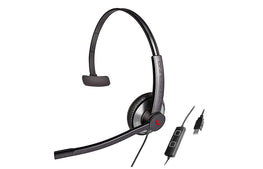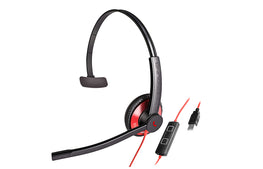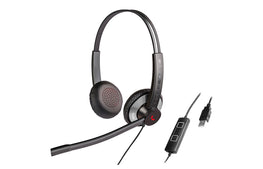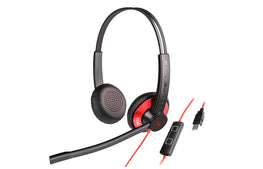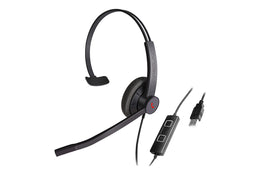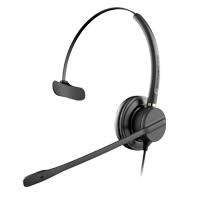
Voice recognition in aged care facilities
In 2015, Aged Care Crisis, an independent volunteer consumer-based advocacy group, discussed the issues of staffing in aged care facilities. According to the group, aged care is broken – not because care is bad or that the providers are not trying their hardest, but because systematic processes such as resident documentation have failed too often.
But why is this? We live in an age of technology that is designed to make us more efficient, but this has yet to fully extend to care facilities.
The common complaints are all there; staff have too much responsibility and too many daily tasks to juggle. Thus, they are spread thin across an organisation and unable to deliver the level of care that they wish they could. As with a traditional medical centre, ensuring staff have access to the right patient information is crucial. When caring for the aged population, this information is key to their quality of life.
Consistent records across an aged care facility
Dictation software offers a number of advantages over written notes and typing. From the perspective of aged care providers and staff, using voice recognition software for recording resident information saves time – solving one of the most common issues voiced by medical staff around the world.
The reliance on accurate information is increased exponentially in aged care facilities. Residents require daily medications, ongoing monitoring for health issues and regularly undergo tests. The unpredictability of a care facility means that patients may require emergency attention at times of employee stress, where doctors, nurses and other staff need immediate access to records so they can react accordingly.
For an aged care facility to run successfully, this information needs to not only be complete and accurate, but understood by people at a number of levels. Doctors and nurses will need to communicate with each other, as well as the resident in care and quite often their families.
With Dragon Medical and Dragon Medical Practice Edition, all members of staff can have access to a transcription method that saves time and money, and allows for a greater level of care to placed on care facility residents.
Increasing quality of life through voice recognition services
Outside the aged care facility, voice recognition does wonders to provide the elderly with an improved quality of life. Australian organisations such as AccessComm provide captioned telephone services that are driven by Dragon voice recognition software.
According to the National Institute on Deafness and Other Communication Disorders (NIDCD), almost 25 per cent of individuals aged 65 to 74 and 50 per cent of those aged 75 and older have disabling hearing loss.
When someone suffers hearing loss, it can result in them feeling cut off from the rest of the world. This issue is exacerbated for the elderly when they move from their home to a new residence, losing the normal areas of communication that they have relied on for so long. So how can aged care residents maintain relationships with family at long distances and overseas?
Voice recognition software is the hidden power behind captioning services, providing real-time and effective communications for deaf and hearing impaired individuals. The reason Dragon dictation software is used is obvious – it allows the recipient to receive accurate information in a timely manner.
With dictation software speeding up transcription by around 300 per cent in some cases, Dragon Medical is allowing aged care residents to experience a greater quality of independence, happiness and, ultimately, life overall.
If you'd like to discover why Dragon is the best speech recognition software for your aged care facility, medical centre, or government communication centre, get in touch with the experts at Voice Recognition Australia today.
Call 1300 255 900 Today

